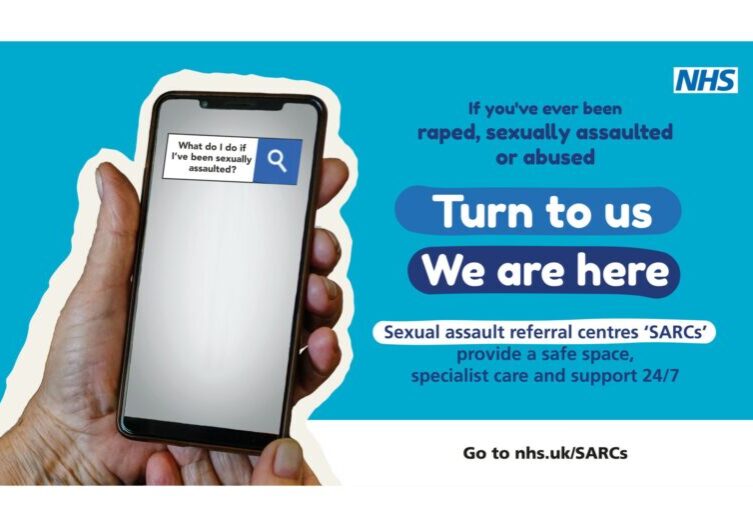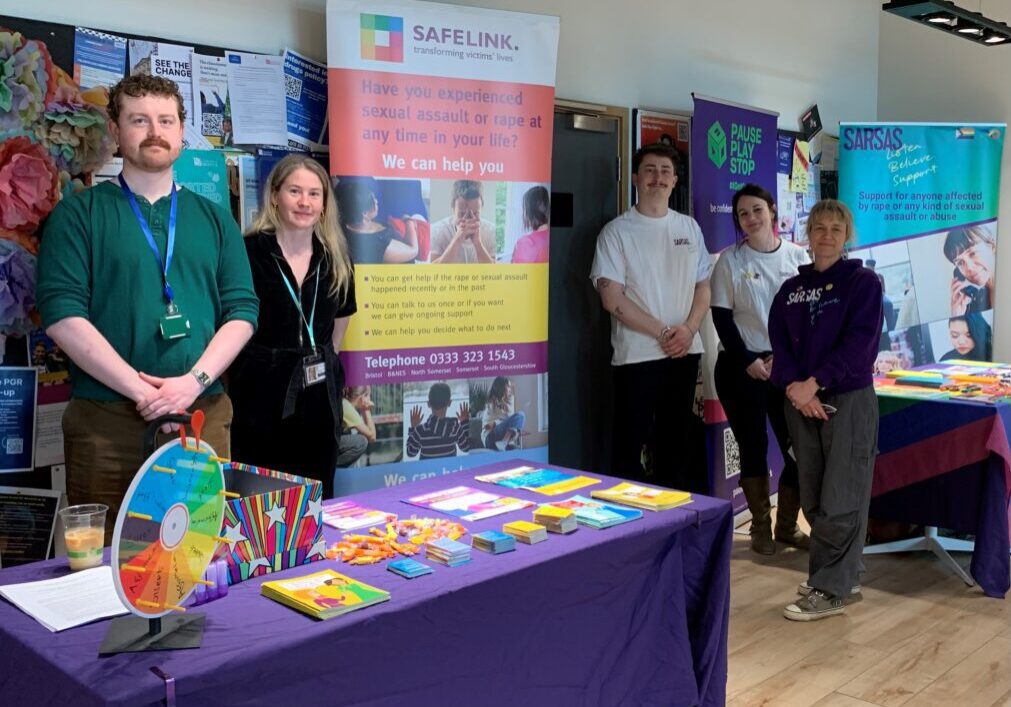
Neuroplasticity: the power of the brain in healing after sexual violence
An experience of rape or sexual abuse can impact us physically, emotionally, and psychologically. It's common to struggle with feelings of shame, self-blame, and negative thoughts afterwards.
Many victim-survivors of sexual violence may experience anxiety and flashbacks, and no longer enjoy the things you used to like doing. These are all natural but distressing reactions to a traumatic experience.
At SARSAS, we believe that it is possible to heal and live a fulfilling life after sexual violence. Some of the people we support find the idea of neuroplasticity helpful in understanding some of their feelings and emotions and as a reassurance that change is possible.
What is Neuroplasticity?
Our brains are a complex network of billions of neurons and have a remarkable ability to adapt to forge new connections and pathways. This allows us to change our thought patterns and behaviours. In this sense, they are not ‘static’ but mouldable and ‘plastic’ which is where the term ‘neuroplasticity’ comes from.
These pathways are constantly being developed and shaped by our experiences and the environment around us. They may evolve in helpful ways, like learning new skills, for example a language, however they might also evolve in less helpful ways, like the changes that occur in our brains following a traumatic experience.
Some people believe the ability for the brain to change only happens in childhood. However, recent research suggests this is untrue and that the brain can continue to adapt throughout our lives. This means we can change the connections and pathways at any time in our lives.
This two-minute video by Sentis gives a simple summary of how Neuroplasticity works.
The impact of trauma on the brain
A traumatic experience like rape or sexual abuse can disrupt the brain’s ability to forge new, helpful pathways, and instead, creates less helpful thought patterns, leading to a heightened natural stress response. This can lead to an increasing level of anxiety and make it harder to regulate emotions. We may find that we move into states such as hyper-arousal or hypo-arousal more easily than before and feel hyper-alert to danger. We may feel ‘trapped’ in a state of strong emotional responses.
Hope in adaptability
Despite these challenges, we believe the adaptability (or plasticity) of our brain means that these changes can be reversed. Our brains possess the innate ability to heal and form new connections and pathways. The healing journey can take time, but things can change and get better.
What can help?
There are different tools and techniques that you might find helpful to try and ‘rewire’ some of those pathways in your brain that you find unhelpful or want to change. It’s important to remember that different things work for different people, and it can take time to find what works for you. If something doesn’t work, move on, or try again. Don’t give up!
- Physical activity: simply going for a walk can stimulate brain growth and is a good form of self-care.
- Nature therapy: spending time in nature, in green spaces or around trees and plants, has been shown to reduce stress and enhance mental well-being.
- Safety statements and affirmations: challenge negative thoughts with affirmations or safety statements, such as ‘I am safe’, ‘I am resilient and powerful’, ‘I can handle this’.
- Social connections: reaching out to loved ones or a trusted friend can reinforce feelings of safety and belonging.
- Mindfulness or meditation: activities like yoga and meditation can help with grounding and centering your thoughts.
- Self-compassion: try to be kind to yourself if you are having a difficult day. Think about what you might say to a friend or a loved one and repeat it to yourself.
- Contact a specialist support service: professional support, such as counselling or a helpline, can help you focus on influencing your brain’s neuroplasticity. It can help you understand and process your thoughts, feelings and reactions from traumatic experiences.
Remember that the brain is a muscle, and just like any other muscle, we have to train it in order for that muscle to be strong. Neuroplasticity is training new muscles in the brain, so they become stronger and more automatic.
The healing journey can be challenging and can sometimes feel like you are moving in the wrong direction. It takes time and patience, but it is possible, and we are here for you every step of the way.
This article was written by our volunteer Communications Officer, Yang Du. Yang graduated from the University of Bristol with a master’s degree in Sociology in 2022.
The latest from our news and blogs

What is a sexual assault referral centre (SARC)?
A SARC can offer free, confidential medical, practical and emotional support to people who have been raped, sexually abused or assaulted at any point in their lives. They’re usually provided by the NHS, but will always have specially trained doctors, nurses and support workers.




